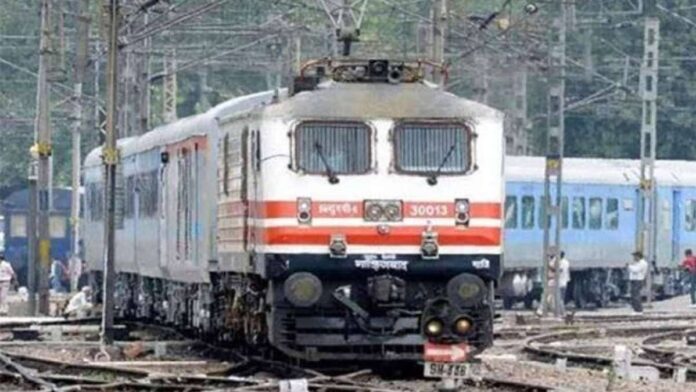The pace of capital expenditure by Indian railways has slowed with the Budget allocating just Rs 2.52 lakh crore, to the transporter in FY26 which in real terms denote a marginal year on year decline. The squeeze comes amid strict controls on market borrowings by the transporter via its arm IRFC.
The leading suppliers to railway projects and EPC contractors like BEML, BHEL, ABB, Siemens, KEC International etc. may be impacted with lower growth in new orders from the transporter.
“By taking inflation into account, this would be considered a negative growth. Barring some exceptions, almost all expenditure items have received similar allocations for the next year. This will hit the order flow growth which the industry was expecting prior to the budget,” said Harshit Kapadia, VP (consumer durables, electrical & capital goods) at Elara Securities. “With defence and housing getting a larger share of the capex allocation, the government is looking beyond railways and road for asset creation and boost consumption,” said analyst at a brokerage firm.
Even though the allocation for the rolling stock has remained flat at Rs 58,895 crore in FY26, the manufacturing target for coach production has jumped over 19%. Experts said that this is a sign that railways is shifting its focus towards producing more non-AC coaches going forward. “We could see production of more Amrit Bharat train coaches and general non-AC coaches this year,” said a former railways official.
Recently, the railway minister Ashwini Vaishnaw said that over the next three years, the railways will introduce 100 Amrit Bharat trains, 200 new Vande Bharat trains, 50 Namo Bharat rapid trains in addition to 17,500 new general non-AC coaches. “These new trains and modern coaches will benefit the middle and lower-income groups,” Vaishnaw said after the Budget.
Meanwhile, the allocation towards Kavach, India’s automatic train protection system, has grown at a modest pace too. For instance, the allocation for signaling and telecommunication works has been allocated Rs 6,800 crore in FY26 as compared to Rs 6,006 crore spent in FY25. Kavach, earlier known as train collision avoidance system (TCAS), has been indigenously developed by Research Designs and Standards Organization (RDSO) with three Indian approved vendors – Kernex Microsystems, HBL Engineering and Medha Servo Drives.
» Read More


